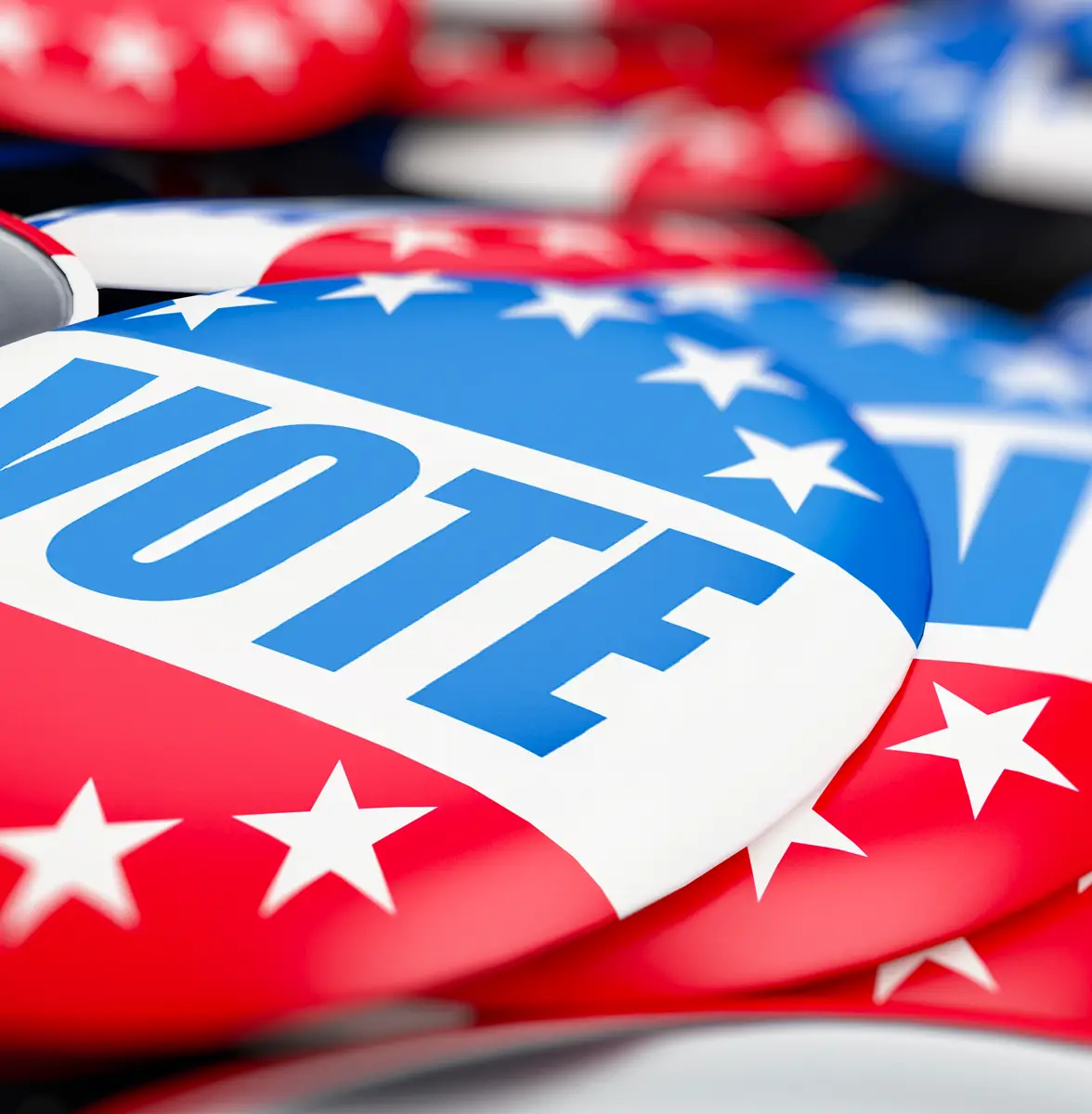Navigating Political Conversations in the Workplace
With today’s polarized political climate, conversations around politics are making their way into the workplace more than ever, and for many employees, this shift has become a source of discomfort and stress. A recent survey by résumé service provider Zety found that 75% of respondents are considering new employment due to the political environment at their current workplace. The findings highlight a growing need for companies to thoughtfully navigate these discussions to maintain a respectful and inclusive workplace culture.
Zety’s survey, conducted with 1,102 American participants on July 30, revealed that while 99% of respondents engage in political conversations at work, 60% of them support banning these discussions altogether. Many feel caught between expressing themselves and maintaining workplace harmony, with 66% admitting they have lied about their political views to avoid potential conflict or judgment.
According to Jasmine Escalera, career expert at Zety, “In today’s polarized political climate, it’s no surprise that political discussions have become a common — and often uncomfortable — part of the workplace culture. While many employees feel compelled to participate in political discussions at work, these conversations frequently lead to tension, fear of judgment, and pressure to hide political views.”
Younger workers and entry-level employees were among the most supportive of banning political talk, with 80% of employees aged 25 or younger and 80% of entry-level employees favoring restrictions. By contrast, 56% of employees aged 26 and older and 44% of senior-level managers favored a ban. Differences also emerged across political affiliations, with 65% of Democratic respondents and 57% of Republican respondents supporting restrictions on political talk.


The survey identified the most frequently discussed political topics at work, including gender equality (44%), racial equality (43%), labor rights (39%), police issues (39%), and other sensitive issues like immigration, gun control, LGBTQ+ rights, and abortion.
Additionally, with the U.S. presidential election on the horizon, respondents were asked which political group was more likely to engage in heated debate at work. Just over half (54%) thought Democrats were more likely to engage in intense discussions, while 36% felt Republicans were more inclined, and 9% said both parties were equally likely.
“This divisive political chatter can easily alienate colleagues and disrupt team dynamics,” Escalera added. “Companies need to recognize the fine line between freedom of expression and maintaining a respectful workplace culture and take a clear stance on managing these kinds of discussions.”
For organizations looking to create an inclusive environment, recognizing the impact of political conversations and setting guidelines around them may be essential to support workplace well-being and productivity.